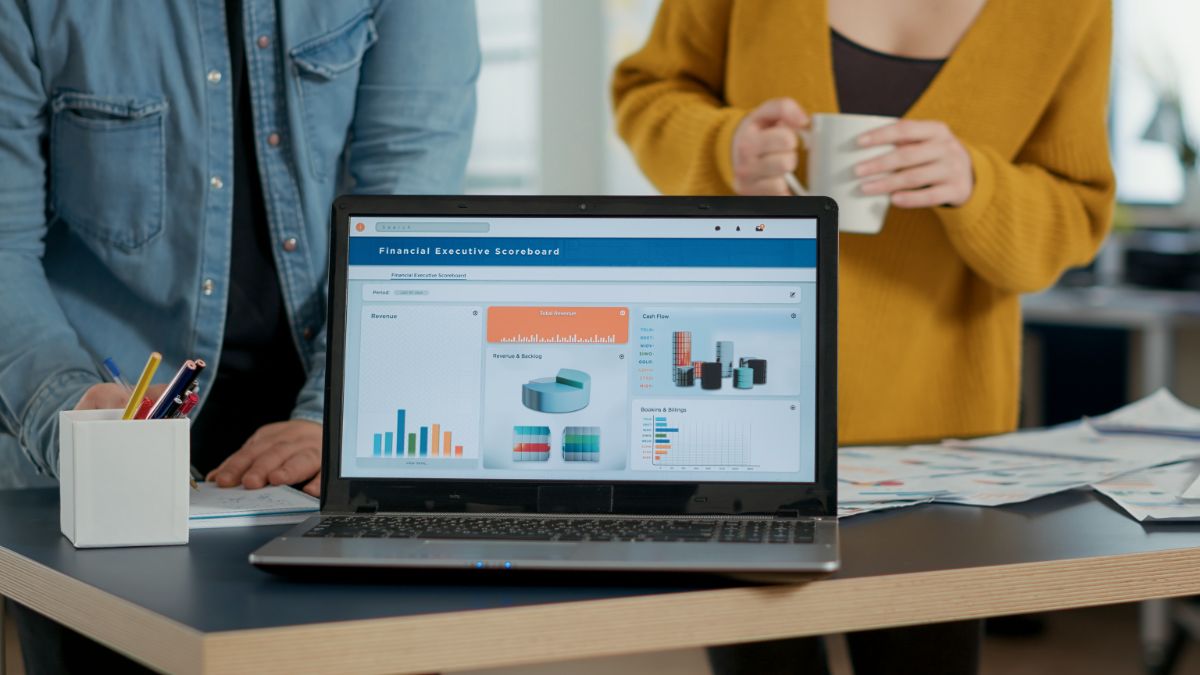What are the different types of business systems?
- Financial Systems
- Human Resource Systems
- Operation Systems
- Customer Relationship Management Systems
- Supply Chain Management Systems
- Enterprise Resource Planning Systems
There are several types of business systems that organizations can implement. Each with its own unique advantages and disadvantages. From arranging finances to managing customer relationships, business systems ensure tasks are consistent and processes are streamlined.
A business system refers to a set of established principles, practices, and procedures applied to specific activities. Business systems are also designed to connect different departments to collaborate and achieve organizational goals.
Business systems are the backbone of any organization, and they play a crucial role in ensuring the smooth operation and growth of a company. That’s why in this blog post, we will discuss the different types of business systems and their applications. Keep reading to learn more!
Financial Systems

Financial systems are responsible for managing the financial transactions of a business These include accounting, budgeting, and financial forecasting. Usually, corporations hire brokers, accountants, and financial consultants to work on this system since they possess the right knowledge and skills to perform these tasks daily.
These systems are used to keep track of income, expenses, and profits, and are essential for making informed business decisions. Some common financial systems include accounting software, budgeting software, and financial forecasting software.
Human Resource Systems
Human resource systems, as the name suggests, are used by the human resource department of a company to manage recruitment, training, and development of employees. This helps centralize the platform where HR professionals hire and manage employees as well as their payroll.
These systems are responsible for maintaining employee records, tracking employee performance, and managing payroll and benefits. Some common human resource systems include applicant tracking systems, employee performance management systems, and payroll software.
Operations Systems
Operations systems are used to manage the day-to-day operations of a business, including production, inventory management, and logistics. Many stores use this system as it is responsible for ensuring that products are produced and delivered on time and that inventory levels are kept at optimal levels. This system eliminates a lot of manual work on the end of employees.
Some common operations systems include enterprise resource planning software, supply chain management software, and logistics software.
Customer Relationship Management Systems

Customer relationship management (CRM) systems are used to manage interactions with customers, including sales, marketing, and customer service. These systems are responsible for tracking customer interactions, managing leads, and analyzing customer data. Some common CRM systems include salesforce, Hubspot, and Zoho CRM.
Various industries can use this system in their daily operations. These include retail, banking, consulting, hotels, and even insurance businesses.
Supply Chain Management Systems
Supply chain management systems are used to manage the flow of goods and services from supplier to customer. These systems are responsible for managing procurement, logistics, and distribution, and are essential for ensuring that products are delivered on time and at the right price. Some common supply chain management systems include SAP, Oracle, and Microsoft Dynamics.
Enterprise Resource Planning Systems
Enterprise resource planning (ERP) systems are used to integrate and manage all the different aspects of a business, including finance, human resources, operations, and customer relationship management. These systems are responsible for providing real-time data and analysis and are essential for making informed business decisions. Some common ERP systems include SAP, Oracle, and Microsoft Dynamics.
Here at DynamIQ, we provide our clients with SAP Business One. This is a full-scale and highly functional ERP system ideal for small to mid-sized enterprises. On the software, you are provided a 360-degree view of all the core business functions in real-time.
Key Takeaway
Each of these systems plays an important role in the operation and success of a business. The different business systems can be implemented individually, depending on the corporation. You’ll find many stores that incorporate supply chain management and financial systems since these optimize how they work. However, many enterprises find themselves installing ERP software to incorporate all processes into one seamless platform for all departments to see.
When selecting a business system, it is important to consider the specific needs of your organization and choose a system that is tailored to meet those needs. It's also important to evaluate the cost and scalability of the system and to ensure that the system can integrate with other systems already in place. By implementing the right business systems, organizations can improve efficiency, reduce costs, and increase revenue.
If you’re looking for a company to help you with ERP solutions in the Philippines, no look further than DynamIQ! We go beyond selling SAP Business one as an authorized distributor in the Philippines. Our team of professionals also takes the time to help you customize this to your own needs. We have many modules that you can incorporate in daily taste like our IQ Barcode, IQ Tax, and IQ Portal. Contact us here today to learn how we can help you!


